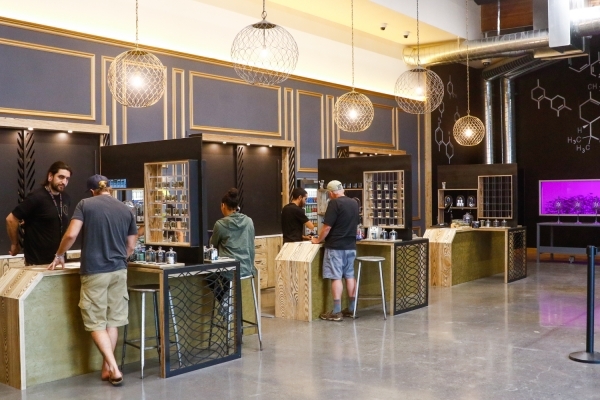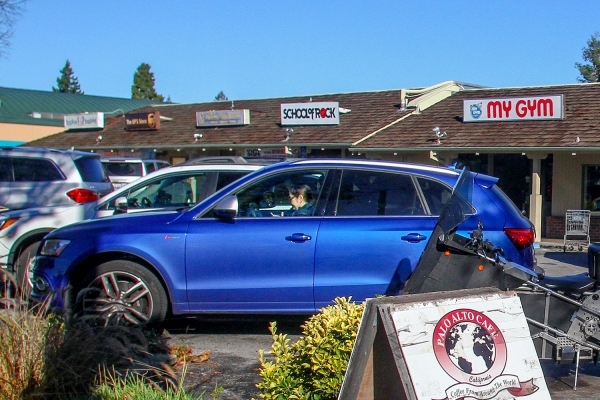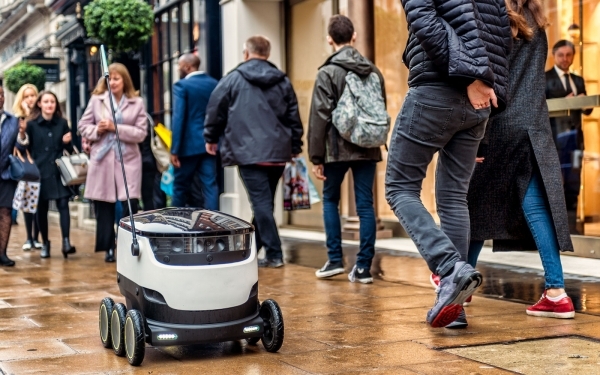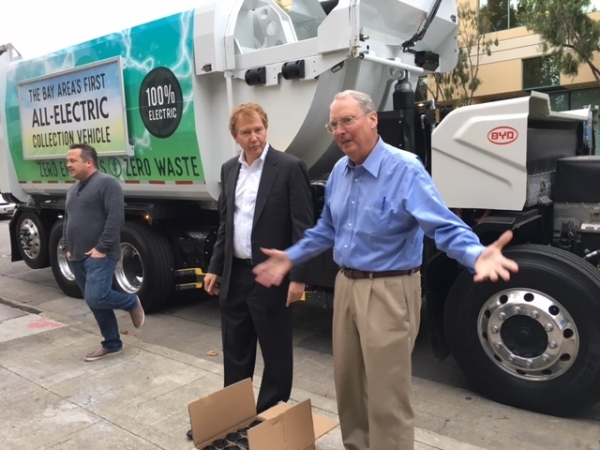While Palo Alto's housing and traffic challenges dominated City Hall chatter in 2017, Palo Alto's elected leaders still found time to deal with a range of cool-button issues. Inspired by community activists and emerging trends, here are five of the most surprising efforts that the city undertook this year:
1. IDLING: If idle hands are the devil's playground, idle cars are the polluter's. So decreed the Palo Alto City Council, which this year added a crackdown on idling vehicles to its workload. The issue was proposed by Sierra Club activists, whose anti-idling comments spurred an anti-idling memo from Vice Mayor Liz Kniss and council members Tom DuBois, Eric Filseth and Karen Holman. In August, the council agreed to clamp down on idling, prompting staff to draft an ordinance banning people from running their cars in place for more than three minutes (with various exceptions for traffic signals, medical conditions, etc.). In December, staff acknowledged that the new law is unlikely to get enforced, although a council committee recommended passing it anyway. The recommendation will go to the full council in early 2018.
2. EXTRA PICKLES: A new craze swept through Palo Alto's parks and playgrounds this year: pickleball. Championed by a growing contingent of local seniors, the paddle-and-ball sport saw its City Hall clout grow exponentially this year. Palo Alto's new parks master plan acknowledged pickleball as the next big thing and pledged to find new pickleball courts. In November, the council passed a special City Council resolution in honor of pickleball. More importantly for fans of the sport, the city is now preparing to convert tennis courts at Mitchell Park for pickleball use, thus cementing the sport's new dominance in the local field of recreation.
3. HIGH TIMES: In theory, Palo Alto's elected leaders support legalized marijuana and hate the failed "war on drugs." But bring up the idea of local pot shops, and things get fuzzy real fast. This year, the City Council wrestled yet again with the question of whether to ban pot dispensaries, which would otherwise become legal in January. While voters overwhelmingly supported Proposition 64 in November 2016, paving the way for legal pot, council members agreed that they don't want legalized pot on their streets. To that end, they adopted a permanent ban on pot shops (replacing the temporary one that preceded it) and agreed that Palo Alto would be better off letting cities like Mountain View and Santa Clara take the initiative on this "green" issue.
4. iDELIVER: Don't be surprised if you now find yourself sharing sidewalk space with a robot or two. Palo Alto has received several inquiries this year from autonomous-robot operators who want to bring their technology to local streets. In October, the City Council approved a pilot program with a set of rules that these vendors will need to agree to. These include a speed limit of 3.5 feet per second (or 2.4 mph) and a requirement that these robots be monitored at all times by their human overlords. The pilot program will expire at the end of 2018.
5. THE TESLA OF TRASH: Nothing screams "This is so Palo Alto!" like an all-electric garbage truck. The colossal vehicle made its debut this fall and, if things go well, may soon become a staple of the city's trash-truck fleet. In late November, the city unveiled the new truck, manufactured by the company BYD, and began running its first routes on local streets. Though it's considerably more expensive than the diesel-fueled truck ($400,000 versus about $300,000), officials expect the vehicle to save the city about 6,000 gallons of diesel per year and cut emissions by 72 metric tons annually.
Related content:






Comments